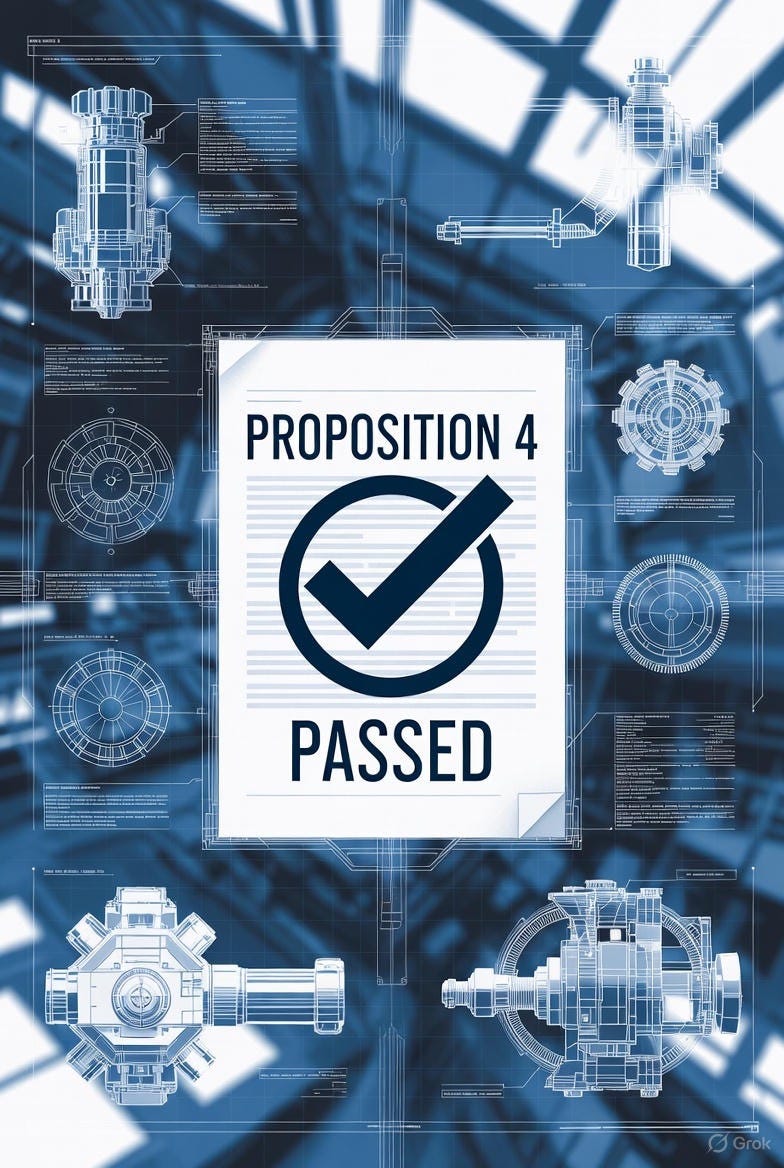Texas Proposition 4: $20 Billion for Water Security in a Data-Driven Future
Texas voters overwhelmingly passed Proposition 4 on November 4, 2025, authorizing up to $20 billion in water infrastructure funding over the next two decades. This landmark constitutional amendment creates the Texas Water Fund by redirecting a portion of the state’s sales tax revenue—starting with the first $1 billion above $46.5 billion in annual collections beginning in 2027.
The goal: modernize aging systems, expand supply, and prepare Texas for explosive growth—especially from the wave of massive data centers transforming the state’s economy and straining its water resources.
How It Works: Bonds, Not Handouts
The Texas Water Development Board (TWDB) will manage the fund, offering low-interest loans, grants, and matching programs for projects ranging from desalination and wastewater reuse to reservoir construction and rural pipeline repairs. The real power lies in bond leverage: every state dollar can attract two to three more from local, private, or federal sources.
That $1 billion annual inflow? It’s projected to support $20 billion in total projects over 20 years by backing revenue bonds repaid through water rates and future fund deposits—not general taxes.
Data Centers: The New Industrial Water Users
Texas is becoming the data center capital of America. Hyperscalers like Microsoft, Google, Meta, and now OpenAI and Oracle are pouring over $100 billion into facilities across North Texas, West Texas, and beyond. One project alone—Project Stargate in Abilene—will use millions of gallons of water just to fill its cooling systems during startup, with ongoing daily demand rivaling a small city.
These centers rely on evaporative cooling to manage server heat, consuming hundreds of thousands to millions of gallons per day per site. In drought-prone regions like the Edwards Aquifer or the High Plains, that demand competes directly with homes, farms, and factories.
Prop 4 as Economic Enabler
While Proposition 4 doesn’t fund data centers directly, it enables their sustainable growth by:
• Financing closed-loop and recycled water systems for tech campuses
• Expanding wastewater reuse plants so industrial users don’t tap freshwater
• Building regional pipelines and storage to balance urban and rural needs
• Supporting desalination to create new, drought-proof supplies
In Abilene, for example, Water Fund bonds could upgrade the city’s treatment plant to supply recycled water to Stargate—protecting the local aquifer while securing the project’s future.
Prop 4 passed with 70% approval. It includes safeguards: no inter-basin groundwater transfers, legislative oversight, and public reporting.
Critics feared waste or favoritism, but the structure—tied to proven bond programs—minimizes risk while maximizing impact.
The Bottom Line
Texas isn’t just fixing leaks. It’s building the water backbone for the AI age.
Proposition 4 ensures that as data centers power the next tech revolution, the state won’t run dry. It’s infrastructure investment as economic strategy—turning water security into competitive advantage.
In Texas, the future runs on chips and chilled water. Thanks to Prop 4, both will keep flowing.

